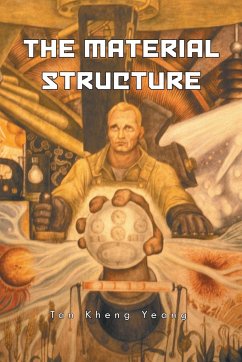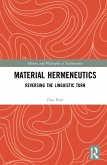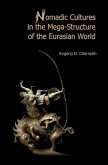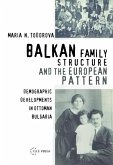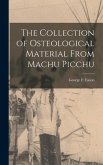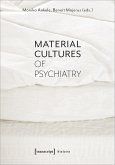The conflict between the material side of human existence and that of our spiritual and philosophical beliefs is as old as humanity itself...but one side of the equation is as important as the other and no society can hope to sustain its existence without an equitable balance between the two. In this thoughtful and thought-provoking volume, the author offers a unique perspective on the system of concrete, tangible products produced by humankind that form the physical foundation of society. He calls this system the material structure. However, this book is not intended as a scientific study of the production, distribution and consumption of goods - that is the realm of economics; rather, it provides an overview of the totality of products created by humans for human consumption and assesses their role as a constituent of civilization. The subject of this study could also be designated as productology. The development and growth of the material structure have occurred in an inconsistent, haphazard fashion. Advancements in science, medicine and technology have contributed to the creation of a chaotic mass of unrelated products. Even the advent of mechanization has failed to yield any further insights into the conglomeration of products that form an integral part of today's world. This volume proposes to give unity to the material structure by classifying its components into divisions, determining the principles and rules that govern or should govern it, and relating it to the other constituents of civilization, including philosophy and religion, which throughout history have often been inimical to the material side of human existence. The author presents a cogent and persuasive argument that, in order to survive, civilization needs one component as much as the other. The key is to achieve an equitable balance between these two dichotomies, something which, to date, no society has been capable of accomplishing. This book provides a fascinating and fresh approach to an age-old enigma that has plagued humankind since the dawn of our existence.
Hinweis: Dieser Artikel kann nur an eine deutsche Lieferadresse ausgeliefert werden.
Hinweis: Dieser Artikel kann nur an eine deutsche Lieferadresse ausgeliefert werden.

